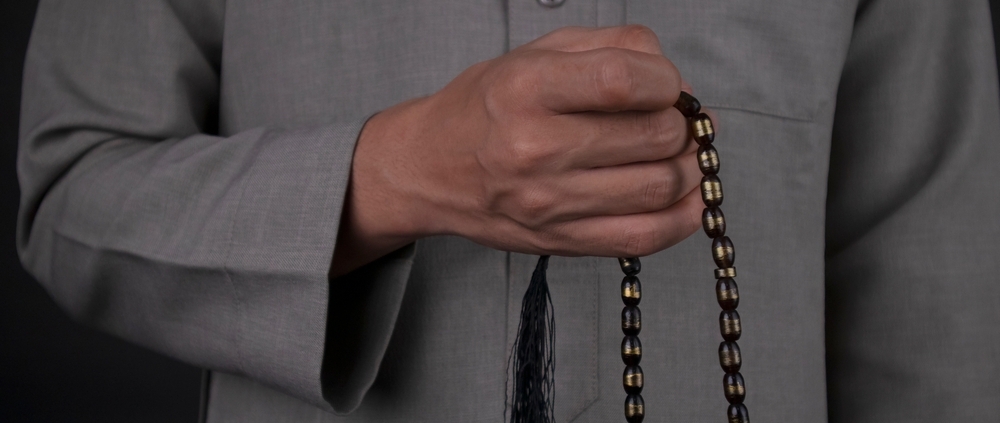What is the Status of the Following?
Answered by Mawlana Ilyas Patel
Question
I was told whoever on the day of Eid recites سبحان اللہ و بحمدہ
300 times and sends the blessings to their dearly departed Muslims, will have their graves lighted with a thousand enlightened blessings (anwar), and when they come to pass, Allah will light their grave with a thousand enlighted blessings۔
I have yet to find a source on this. While I will do this during this Eid for the sake of Allah as I see no sin with it, I was wondering if there was a source for this or if I am following a false virtue.
Answer
In the Name of Allah, the Most Merciful and Compassionate
I pray you are in good faith and health. Thank you for your question.
The above is mentioned in Safuri’s Nuzhat Al-Majalis Wa Muntakhab Al-Nafa’is. However, it is mentioned without any chain. One should refrain from sharing this as it will lead to falsely attributing to the Prophet (Allah bless him and give him peace).
Abu Hurayra ( Allah be pleased with him) reported that the Prophet (Allah bless him and give him peace) said, “Whoever tells lies about me intentionally should take his seat in Hellfire.” [Bukhari; Muslim]
Virtues of سبحان الله، والحمد لله
There are many virtues of reciting سبحان اللہ و بحمدہ on other occasions; although it would be nothing wrong if one just recited on the Day of Eid without the belief of the above virtue or ascription to the Prophet (Allah bless him and give him peace).
Abu Hurayra (Allah be pleased with him) narrated from the Prophet (Allah bless him and give him peace). He said: “Whoever says “Glory be to Allah and praise be to Him” one hundred times, his sins will be forgiven from him, even if they were as much as the foam of the sea.” [Al-Bukhari and Muslim].
Abu Huraira (Allah be pleased with him) reported that the Messenger of Allah (Allah bless him and give him peace) said, “There are two statements that are light for the tongue to remember, heavy in the Scales, and are dear to the Merciful: سبحان الله وبحمده، سبحان الله العظيم ‘Subhan-Allahi wa bihamdihi, Subhan-Allahil-Azim (Glory be to Allah, and His is the praise, (and) Allah, the Greatest is free from imperfection).’”
[Bukhari; Muslim]
Abu Huraira(May Allah be pleased with him) reported that the Messenger of Allah (Allah bless him and give him peace) said, “The uttering of the words: سبحان الله، والحمد لله، ولا إله إلا الله، والله أكبر ‘Subhan-Allah (Allah is free from imperfection), Al-hamdu lillah (All praise is due to Allah), La ilaha illallah (There is no true god except Allah) and Allahu Akbar (Allah is the Greatest)’ is dearer to me than anything over which the sun rises.” [Muslim]
Related Answers
- Dhikr – Remembrance of God – SeekersGuidance
- Virtues of Remembrance – SeekersGuidance
- Remembrance Archives – SeekersGuidance
Wassalam,
[Mawlana] Ilyas Patel
Checked and Approved by Shaykh Faraz Rabbani
Mawlana Ilyas Patel is a traditionally-trained scholar who has studied in the UK, India, Pakistan, Syria, Jordan, and Turkey. He started his early education in the UK. He went on to complete the hifz of the Quran in India, then enrolled in an Islamic seminary in the UK, where he studied the secular and ‘Aalimiyya sciences. He then traveled to Karachi, Pakistan. He has been an Imam in Rep of Ireland for several years. He has taught hifz of the Quran, Tajwid, Fiqh, and many other Islamic sciences to children and adults onsite and online extensively in the UK and Ireland. He taught at a local Islamic seminary for 12 years in the UK, where he was a librarian and a teacher of Islamic sciences. He currently resides in the UK with his wife. His interest is a love of books and gardening.
